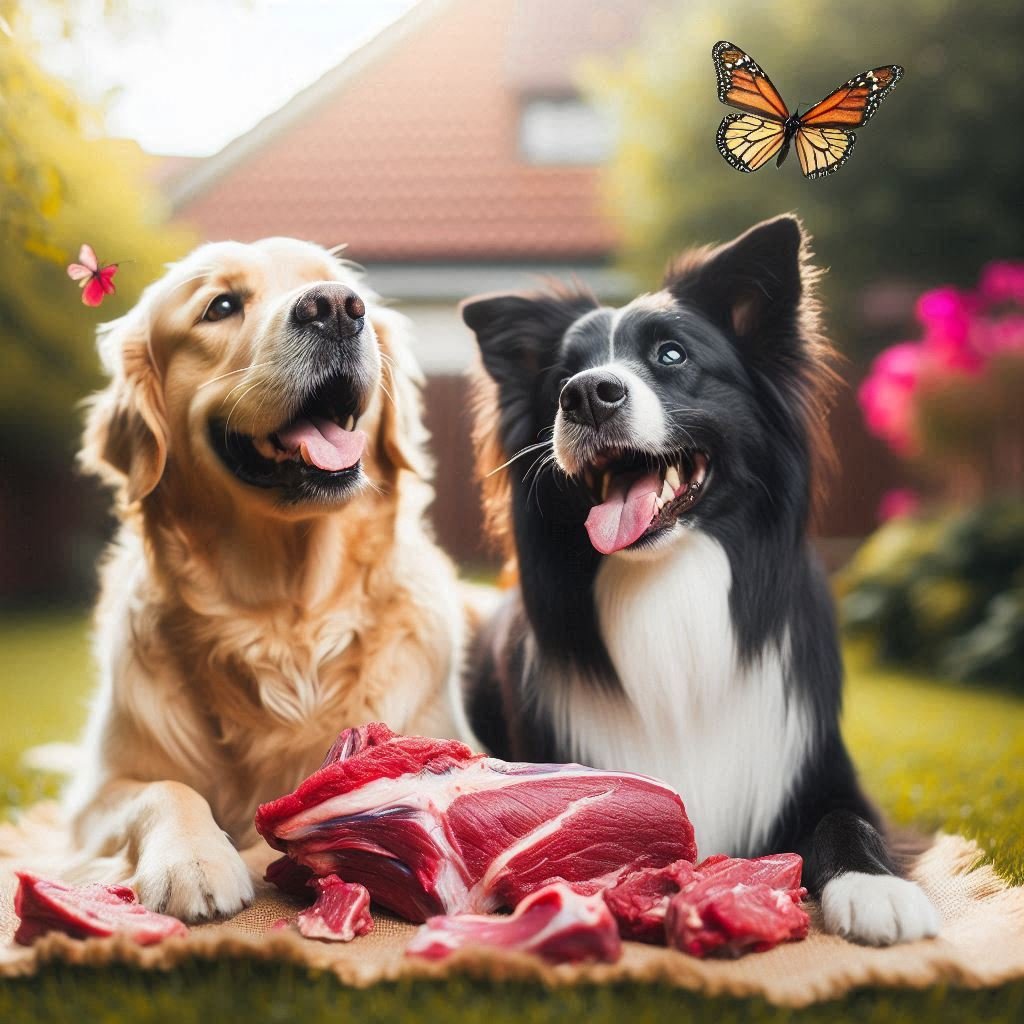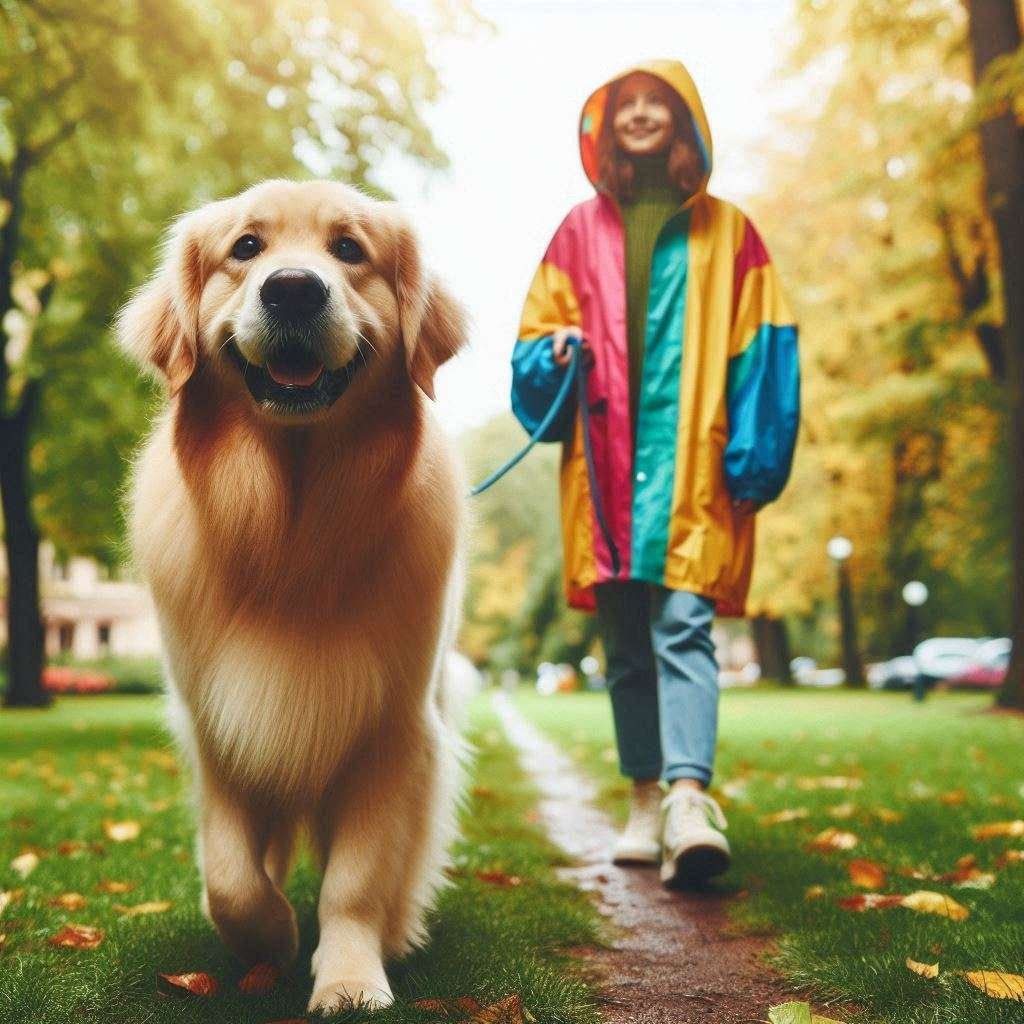“Can dogs eat raw venison?” This pressing question is becoming increasingly popular with pet parents who want to feed their furry friends with the best possible diet. Raw feeding has its advocates and critics, and it’s crucial to understand both the benefits and risks before making a decision.
In this article, I’ll discuss whether raw deer meat for dogs is a good choice, explore if venison is good for dogs with sensitive stomachs, and address common queries like Can my dog eat raw venison?

What is Venison?
Dear meat is also called venison. It is a type of red meat that has vitamins and minerals essential for your dog’s health. It is considered a type of game meat and has been consumed by humans for centuries. Known for its rich flavor, it is often leaner than beef, making it a popular choice for pet owners seeking a lower-fat meat option for dogs who need to shed a few pounds.

Can Dogs Eat Raw Venison?
Can dogs have raw venison? While dogs have been eating raw meat for centuries, and it is widely considered their ancestral diet, as a vet, I recommend that you should always cook deer’s meat thoroughly before serving it to your dog to avoid any chances of bacterial contamination that can eventually make your dog sick.
That being said, you can serve your dog with raw venison after taking complete safety precautions that mitigate the risks of any inflammation caused by raw meat.
Is Raw Venison Good for Dogs?
Venison is a nutritious lean red meat option for dogs that can fulfill their dietary and nutritional needs. However, whether to serve it raw or cooked is a question that has variable answers.
As a veterinarian, I recommend checking your dog’s health with your vet before giving your dog raw deer meat. The check-up results will let you know if your dog can handle raw meat easily or if it is suffering from any medical conditions that may stop it from having raw meat.
Also, a hunted deer’s raw meat is not recommended for domesticated dogs as it is more likely to carry illnesses that can affect your pet’s health.
However, for regularly healthy dogs, raw deer meat is a good food option with many health benefits.
Let’s discuss them thoroughly:
Better Weight Management
Because of its lean meat and low-fat content, venison is a preferred meat source for obese and senior dogs that suffer from age-related issues, mobility issues, and allergies.
Filled with Nutrition
Venison has a higher protein and low-fat content than other red meats. It is a better source of important fatty acids, vitamins, and minerals (like iron, vitamin B12, zinc, and selenium). It is also the least contaminated among other red meat options.
Novel Protein Source
For dogs with sensitivities to common proteins such as chicken or beef, venison can be a great alternative. It’s less likely to trigger allergic reactions and can help resolve symptoms like itchiness, hair loss, hot spots, and crusting.
Good For Heart’s Health
After fish, venison is the best available option to elevate the heart health of your furry friend.
Upgrades Overall Health
The less fat and calories present in deer’s meat helps with weight loss in dogs, and its vitamins and minerals further strengthen the dog’s immune system.
Venison also helps prevent anemia, supports healthy brain functioning, and contains the most iron in any meat.
Risks of Feeding Raw Venison to Dogs
Venison has a lot of benefits for dogs, as we discussed above. Still, due to the deer’s agility and rough life in the wild, venison occasionally contains some toxic substances that should not be ignored, such as:
Parasites
Wild venison can harbor parasites. Freezing the meat at a proper temperature for an extended period can help kill parasites, making the meat safer for consumption.
Bacteria
Unhygienic and undercooked venison contains tapeworm cysts and causes outbreaks of toxoplasmosis, E. coli, and brucellosis, which pose health risks to dogs and humans. To minimize these risks, it’s essential to source high-quality, fresh venison and handle it properly.
Presence of Cancer-Causing Elements
Cancer-causing chemicals like nitrosamines can be found heavily in venison due to their polluted living environment with no proper sewage. Proper handling of the meat is key to mitigating this risk.
Balancing a Nutritious Diet
While venison is nutritious, it doesn’t provide all the nutrients a dog needs. Ensuring that raw venison is part of a balanced diet that contains all essential nutrients is necessary for the well-being of your dog.

Bone Safety
If feeding raw venison with bones, ensure the bones are raw and appropriately sized to avoid choking hazards and gastrointestinal damage. Cooked bones can splinter and result in serious injuries.
Safety Guidelines While Feeding Venison to Dogs
The FDA recommends cooking deer meat until it reaches an internal temperature of 73°C to eliminate harmful bacteria. The color of the meat cannot indicate doneness. Using a kitchen thermometer is a more feasible option.
Conclusion
Feeding your dog raw venison can be a great way to provide a nutritious and protein-rich diet, especially for dogs with allergies or sensitivities to more common proteins.
However, it’s essential to approach raw feeding cautiously, ensuring the meat is sourced, handled, and prepared safely to avoid potential health risks. Consulting with a veterinarian will ensure your dog’s diet is balanced and meets their nutritional requirements.
The question, “Can dogs eat raw venison?” has multifaceted answers depending on various factors, such as your dog’s health and ability to follow ety guidelines.
FAQs
- Can Dogs Have Raw Venison?
Although dogs can digest raw venison, as a vet, I recommend cooking raw venison thoroughly before serving it to dogs to eliminate any risk of bacterial contamination.
- Is Venison Good for Dogs with Sensitive Stomachs?
Yes. Venison is an easy-to-digest meat, which can prove extremely beneficial for dogs with sensitive stomachs.


